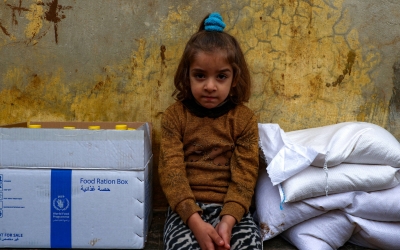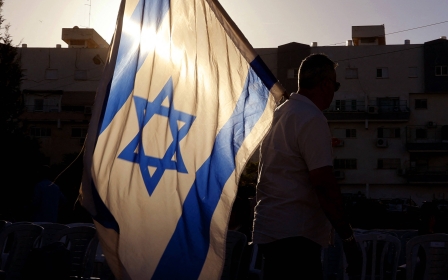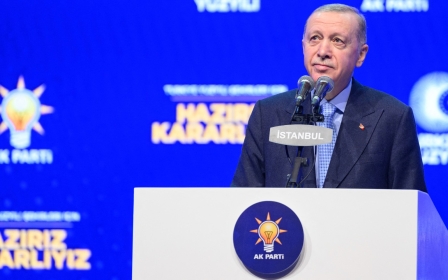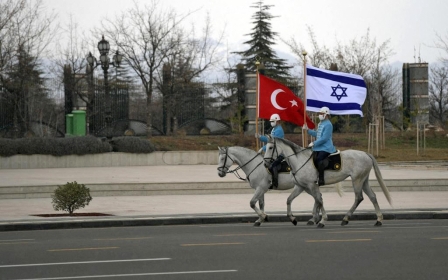Turkey: Corpses missing body parts that washed ashore coast likely Syrian
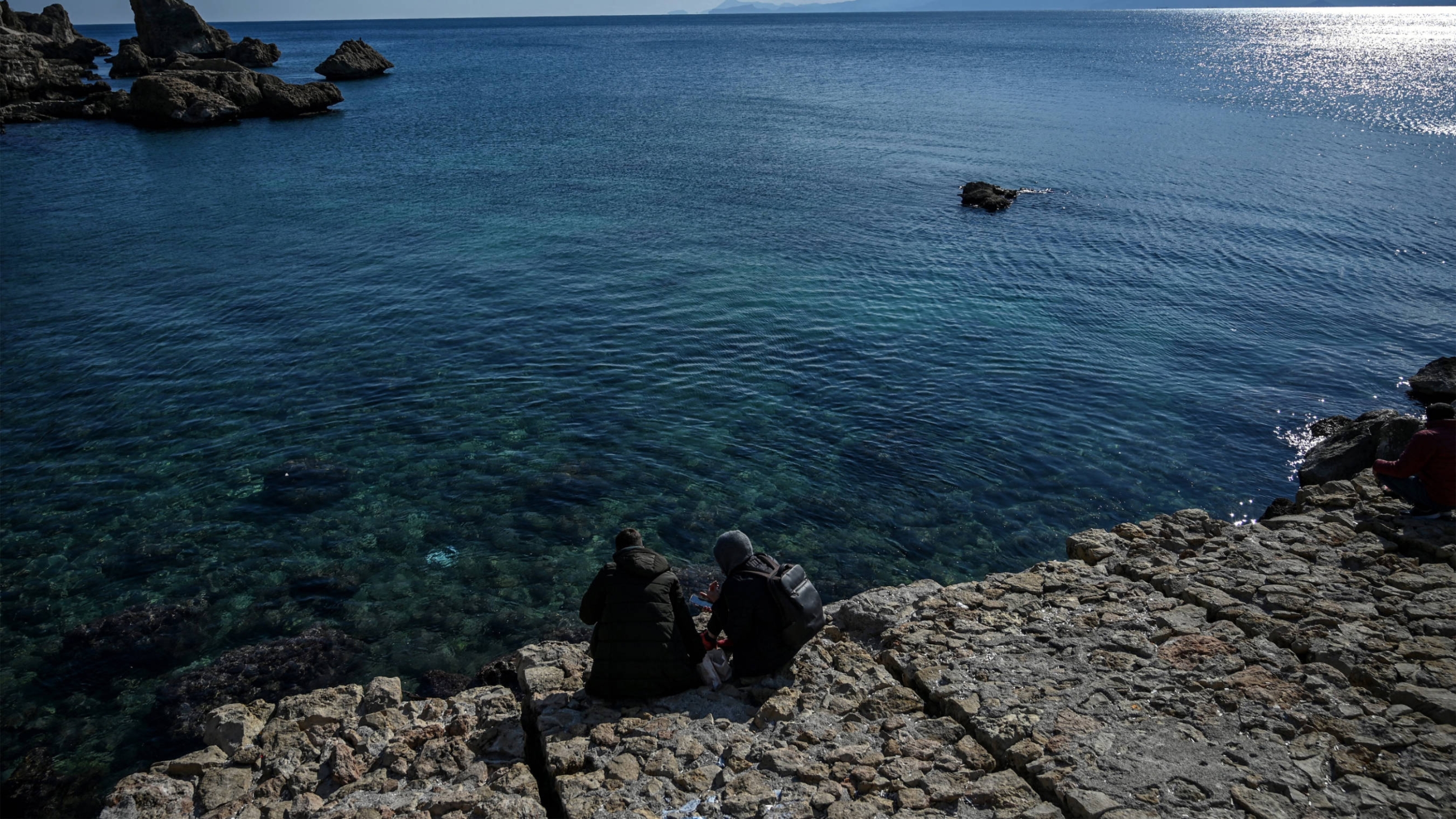
When a number of human body parts started washing ashore last week on the pristine beaches of Antalya, in Turkey's southern Mediterranean region, many conspiracy theories began spreading on social media.
Some speculated a crime ring was dumping bodies in the sea, others suspected a "paedophile" mob.
The reports have been grim.
Around Mugla's and Antalya's turquoise beaches, such as Manavgat and Alanya, locals have discovered disfigured bodies, including a child's corpse without a head or arms, and a female corpse with half of the body missing.
As rumours continued, the newspapers looked for answers and then finally the Turkish Interior Minister Ali Yerlikaya had to intervene.
New MEE newsletter: Jerusalem Dispatch
Sign up to get the latest insights and analysis on Israel-Palestine, alongside Turkey Unpacked and other MEE newsletters
In a formal statement posted on X, formerly known as Twitter, on Monday night, Yerlikaya said eight bodies had washed up on the shores of Antalya and one body on Mugla’s coastline in the last six days.
Yerlikaya said one of the bodies found in Antalya belonged to an 18-year-old Turkish citizen, whom he identified with the initials "MSE". The woman had disappeared a while ago, he added.
The other bodies, the minister said, were probably Syrian refugees.
“The clothes of the other dead bodies washed ashore in Antalya were produced in Syria,” he said.
“Last month, a boat carrying approximately 90 people from the coastal region between Lebanon and Syria moved towards Cyprus. Hours later the connection with the boat was lost and subsequently the boat disappeared.”
Yerlikaya said meteorological data indicated that the dominant wind was blowing from the south last week, pushing the waves towards Antakya and Mugla, most likely dragging the bodies to Turkey.
He added that one of the bodies that was discovered in Mugla could belong to a refugee who had been missing since 6 January.
Antalya Governor Hulusi Sahin told a local paper that forensic analysis was conducted on the parts of shoes and clothes to determine the nationality of the bodies.
“So there is a great tragedy here,” he said.
The Syrian civil war, in its 13th year, continues to wreck lives as the world turns its attention to other urgent conflicts such as Israel's invasion of Gaza, Sudan's war and the US and UK bombardment of Yemen.
Syria's economy is suffering from sanctions imposed on the country and the loss of oil income from the Kurdish-controlled northeast where US forces are stationed.
The World Food Programme (WFP) last year announced the closure of its food programme in Syria, supporting 5.6 million people, including those displaced in the country's northwest.
Simultaneously, USAID and the State Department are implementing significant reductions, of at least 30 percent, in US assistance for Syria, a move anticipated to be mirrored by European donors.
In 2021, 1,000 aid trucks were entering Syria's north, but this number decreased to 445 last year - and the humanitarian situation is not getting better.
The main reason behind the scaling back of aid appears to be the reluctance of donors. Not only for residents of Syria’s north but also for Syrian refugees in Jordan and Lebanon, the amount of aid is almost grinding to a halt.
In December last year, WFP stated that its budget was shrinking because of donor fatigue, the pandemic, the war in Ukraine, and now Israel’s war on Gaza.
Middle East Eye delivers independent and unrivalled coverage and analysis of the Middle East, North Africa and beyond. To learn more about republishing this content and the associated fees, please fill out this form. More about MEE can be found here.


